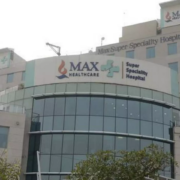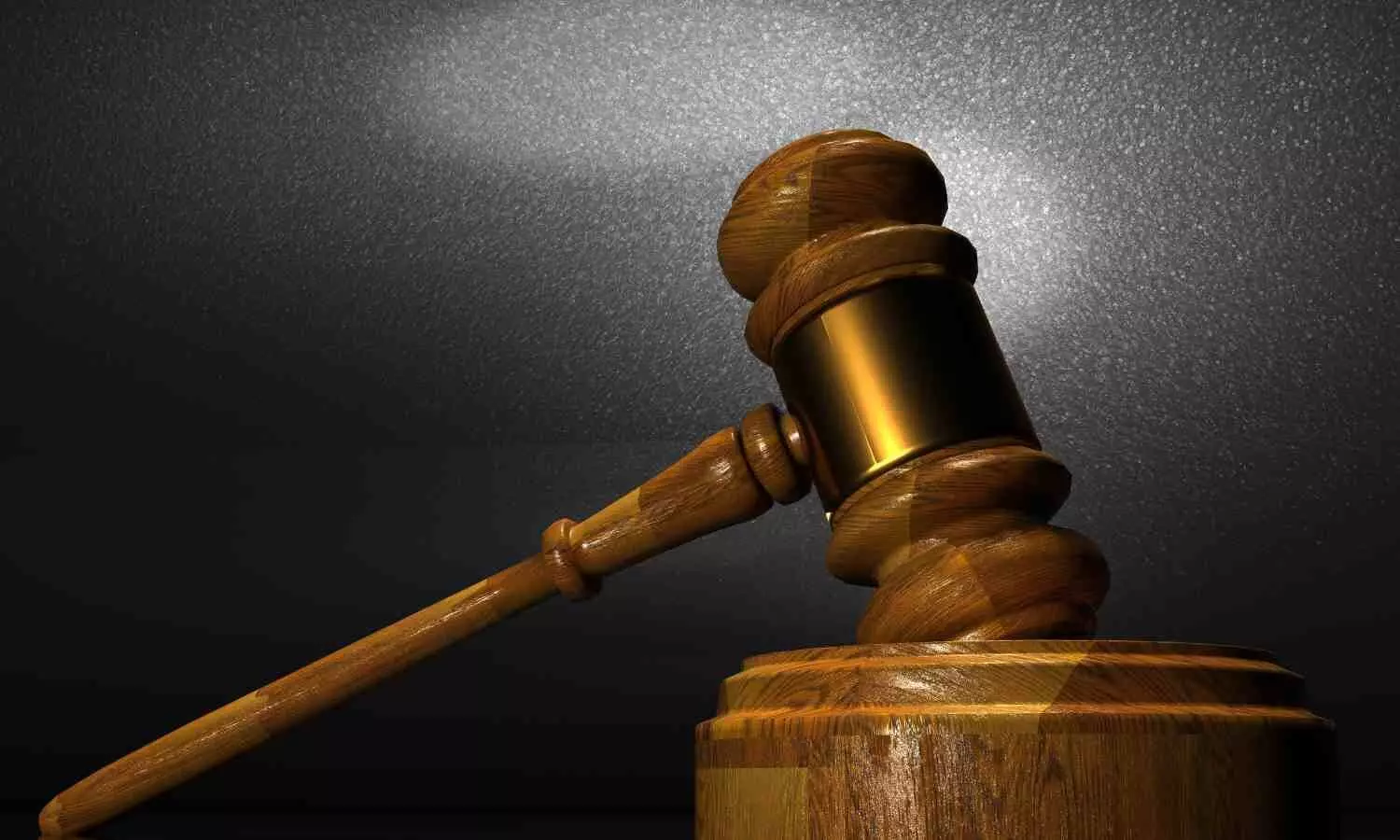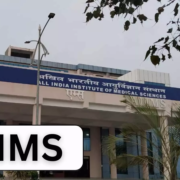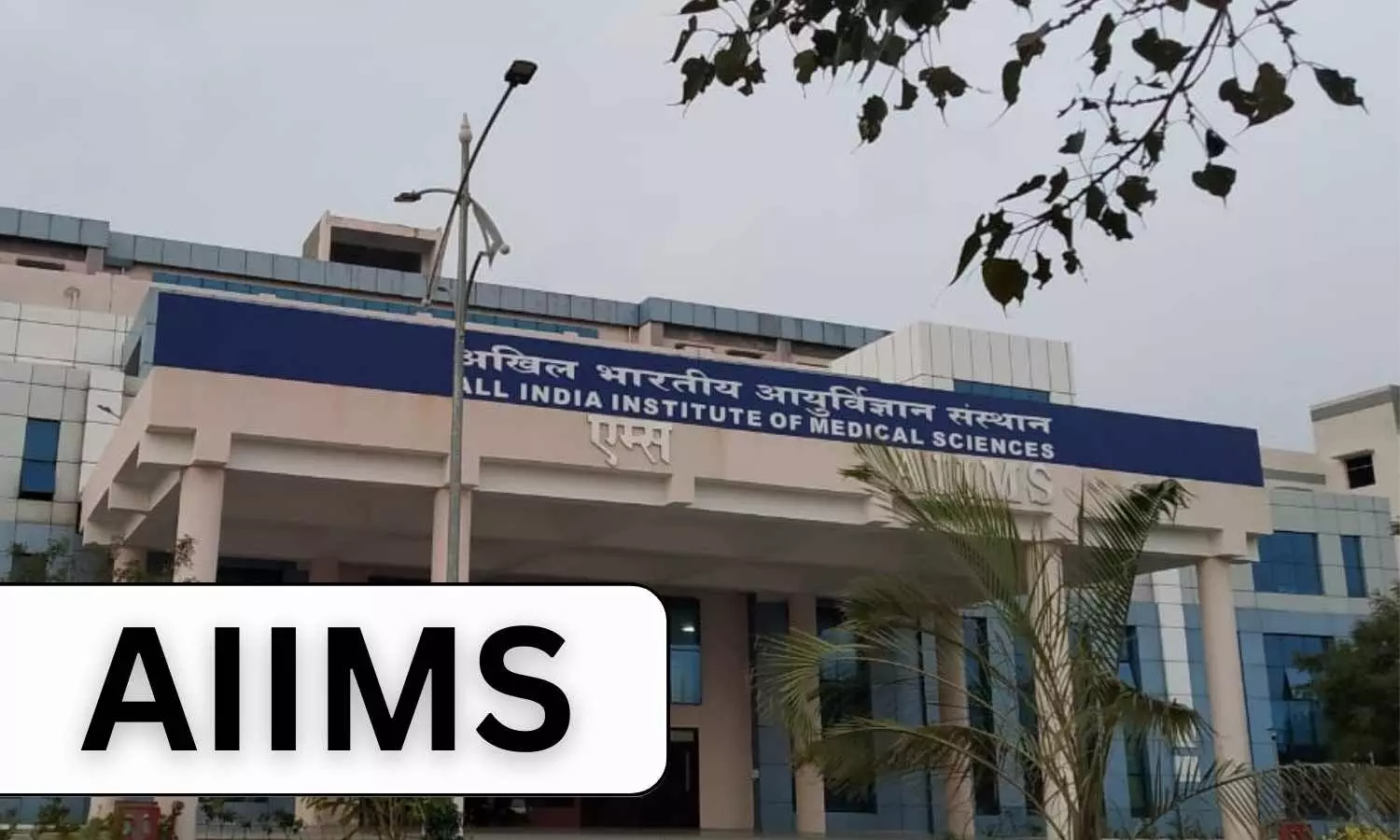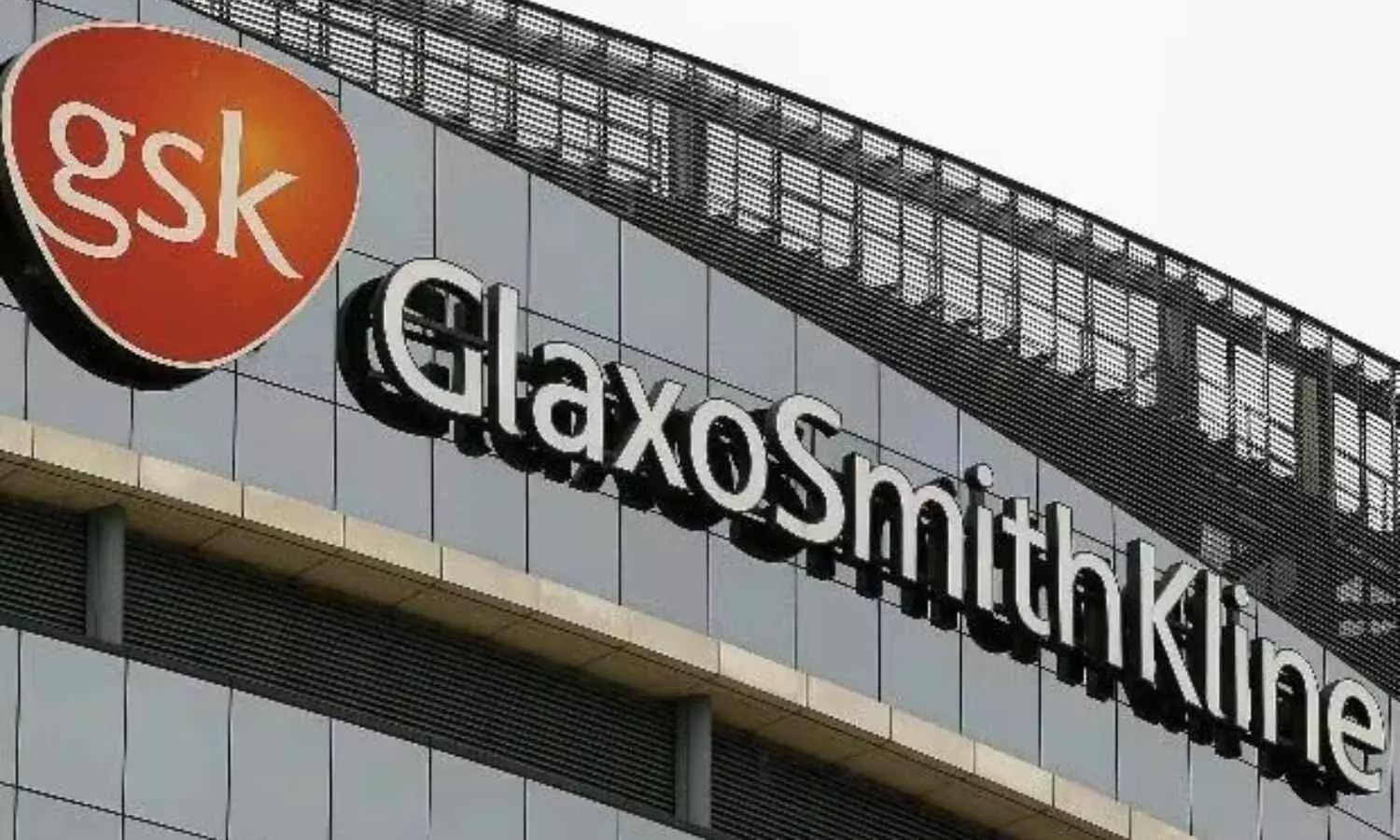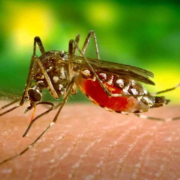Consumer Court absolves Max Super Speciality Hospital, Cardio-Diabetologist of medical negligence
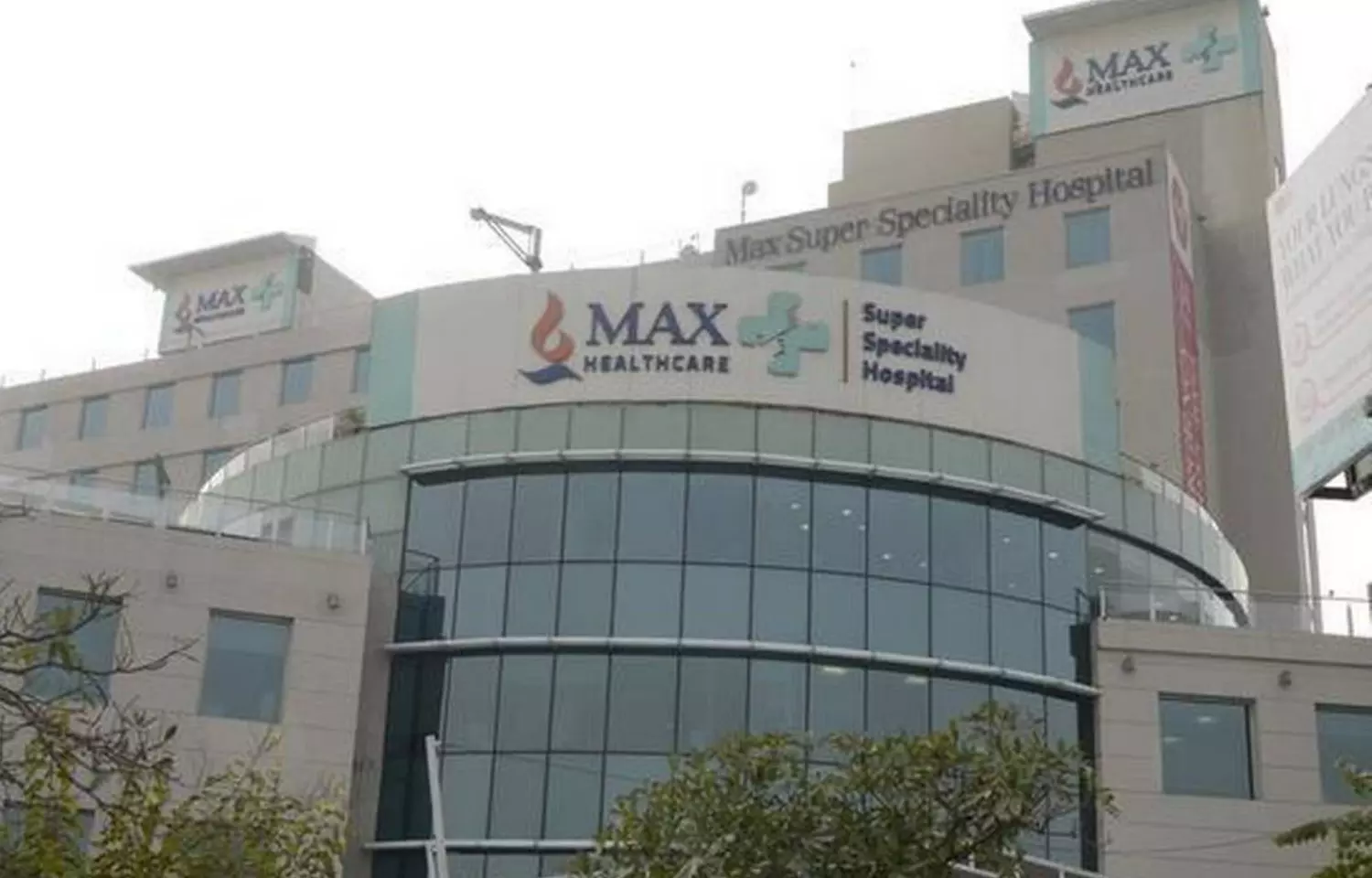
New Delhi: Noting that unsupported claims cannot be deemed as conclusive evidence, the Delhi State Consumer Disputes Redressal Commission has dismissed a medical negligence complaint against the Max Superspeciality Hospital, a Cardio Diabetologist, Medical Superintendent and OPD Coordinator of the hospital.
Presided over by Justice Sangita Dhingra Sehgal along with members Pinaki and JP Agrawal, the bench was deliberating a complaint, filed in 2017 that accused the hospital of deficient service and medical negligence, alleging that delays in admission and treatment led to the patient experiencing a seizure and losing consciousness in the hospital premises.
According to the complaint, the patient visited Max Super Specialty Hospital with symptoms of disorientation and loss of control of his left hand. Despite a diagnosis of bleeding inside the brain, changes in brain tissue density, and recommendations for further investigations, including MRI and Venography, the hospital staff allegedly failed to take immediate action. This purported negligence resulted in the patient suffering a seizure in the reception area, following which he was finally admitted and treated after a delay of four hours.
It was alleged that as a consequence of the delayed treatment, the patient experienced paralysis on the left side of his body and continues to suffer from seizures, requiring lifelong treatment. The complaint sought various reliefs, including a declaration of medical negligence, Rs 85 lakh compensation for loss of income, mental harassment, and legal costs.
The Opposite Parties in the case (OP1- Max Superspeciality Hospital; OP2- the doctor (M.D (Med.)) a senior consultant physician and Cardio-Diabetiologist; OP3-Medical Superintendent; OP4- OPD Coordinator) submitted a joint written statement refuting the allegations made in the Complaint. They argued that the Complainant arrived late for his appointment and was attended to after other patients. Following consultation, the Complainant’s
NCCT Scan revealed minimal traces of Subarachnoid Hemorrhage (SAH), and he was advised admission under the neurology team. The Opposite Parties asserted that all necessary medical measures were taken according to protocol and denied any medical negligence on their part.
Additionally, the hospital and the doctors claimed that the patient concealed his medical history, specifically his condition of Paraesthesia in both upper limbs, which was being evaluated and treated by the treating doctor. They argued that the SAH traces were minimal and confirmed later by tests conducted on in 2017. Consequently, they contend that the complaint is based on the suppression of material facts and should be dismissed.
In response, the Complainant filed a Rejoinder to rebut the Opposite Parties’ written statement. Both parties presented evidence through affidavits and submitted their respective written arguments to support their claims.
The State Consumer Disputes Redressal Commission heard the arguments from both sides and before discussing the case’s merits, the Commission referred to the law regarding negligence in medical professionals, citing a previous case. They outlined principles from the Kusum Sharma case, stating that negligence involves breaching a duty by omission or commission, but it must be culpable or gross, not merely based on an error of judgment. They emphasized that doctors are expected to exercise a reasonable degree of skill and care, and they can only be liable if their conduct falls below the standards of a reasonably competent practitioner. The Commission also highlighted that there can be genuine differences of opinion among medical professionals, and doctors should not be held liable for choosing one course of action over another as long as it’s acceptable to the medical profession. They underscored the importance of protecting medical professionals from unnecessary harassment and malicious proceedings while ensuring the paramount interest and welfare of patients.
In the current case, the Commission was of the view that it needs to be determined whether there was any lack of skill or competence on the part of the operating doctor, as well as any omission to perform necessary actions in the given circumstances.
It was observed that the patient had not contested the competency of the operating doctor, hence indicating no lack of competence. However, regarding the allegation of omission leading to negligence, the complainant argued that the delay in admission caused paralysis and seizures.
Upon reviewing the medical records, it was found that the doctor promptly advised necessary tests and admission upon examination. The complainant failed to provide substantial evidence supporting the claim of negligence or delay. Moreover, the choice of outpatient department (OPD) suggests minor treatment or follow-up appointments rather than immediate admission. Thus, there’s no evidence to suggest a negligent approach by the hospital staff, and allegations remain unsupported. The Commission cannot presume the allegations as true without evidence. It observed;
“…even though the Complainant has not spared a word against the operating doctor in his complaint and has challenged the delay in admitting him to the hospital, but has failed to bring on record any substantial evidence, oral or documentary, in support of his contentions. It is further noted that the Complainant failed to establish that there was any breach of duty or omission to do something which a reasonable man would do or would abstain from doing or that the treatment which was given to the Complainant was not acceptable to the Medical Profession at that specific time period and also failed to examine any Expert Witness in support of his case. Moreover, it was found that the Complainant had chosen Out-Patient Department (OPD) of Opposite Party No. 1 Hospital which is specifically designed for diagnosis, treatment, and care without requiring admission, catering to minor treatments and follow-up appointments. Additionally, in instances where patients face severe issues, they opt for the Emergency Ward, ensuring priority treatment for immediate medical attention.”
“We do not find any lackadaisical approach of the treating doctors of the Opposite Party no. 1 Hospital as no substantial evidence has been filed by the Complainant in order to show that the Opposite Parties have delayed the treatment of Complainant due to which, the Complainant has suffered seizure in reception area of the Opposite Party no. 1 Hospital. Additionally, this Commission cannot presume that the allegations in the complaint are inviolable truth even though they remained unsupported by any evidence.”
The judgment cited the Supreme Court’s ruling in C.P. Sreekumar (Dr.), MS (Ortho) v. S. Ramanujam, emphasizing the necessity for evidence to prove medical negligence. It highlights that unsupported allegations cannot be taken as evidence. The ruling read; ” We find from a reading of the order of the Commission that it proceeded on the basis that whatever had been alleged in the complaint by the respondent was in fact the inviolable truth even though it remained unsupported by any evidence. As already observed in Jacob Mathew case [(2005) 6 SCC 1: 2005 SCC (Cri) 1369] the onus to prove medical negligence lies largely on the claimant and that this onus can be discharged by leading cogent evidence. A mere averment in a complaint which is denied by the other side can, by no stretch of imagination, be said to be evidence by which the case of the complainant can be said to be proved. It is the obligation of the complainant to provide the facta probanda as well as the facta probantia.”
Since the complainant failed to provide substantiating evidence, the Commission found no negligence on the part of the hospital. Consequently, the complaint was dismissed without any cost order. The Commission held;
“Since there exists no evidence to substantiate the submission of the Complainant, we are of the view that there exists no Negligence on part of the Opposite Parties in the present case. Consequently, the present Complaint stands dismissed, with no order as to costs.”
To view the original order, click on the link below:
Powered by WPeMatico

